Architectuuls: Museum Explorations And National Identity in Mexico City
Along with the political changes in post-revolutionary Mexico and the corresponding consolidation of the resulting regime, the changes in cultural policy, among many others, had one of their most evident expressions in the design and construction of museum institutions in the vicinity of Paseo de la Reforma and Chapultepec Forest, one of the most important avenues and pieces of infrastructure of the city and the country.
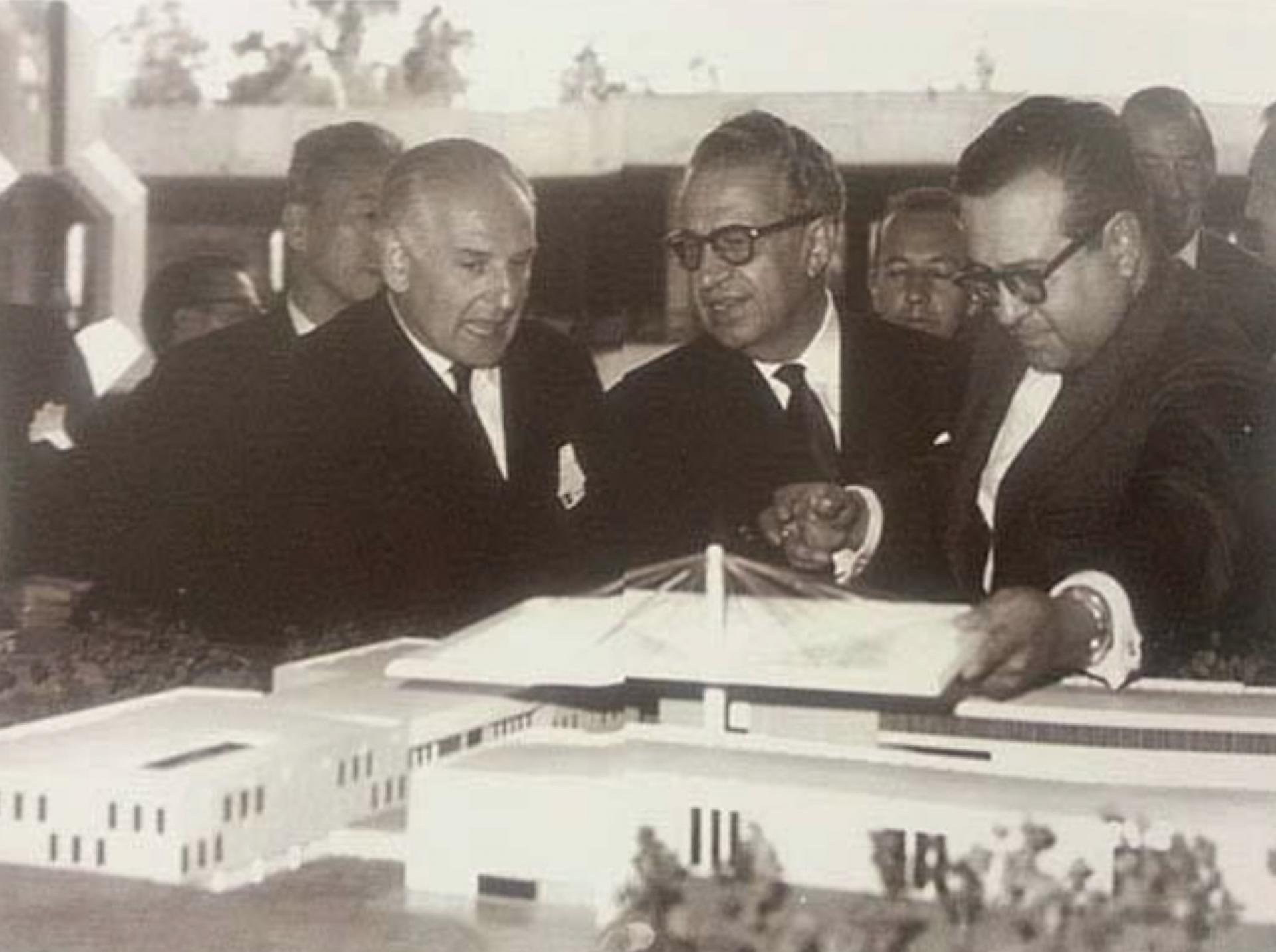
Jaime Torres Bodet and Pedro Ramírez Vázquez showing the model of the museum to the French architect, Pierre Vago. | Photo Courtesy of Museo del Caracol
Three of these institutions, the National Anthropology Museum, the Museum of Modern Art and the Rufino Tamayo Museum, can be understood as architectural operations that not only discussed the validity or relevance of the discourses on art, museography and the role of the State and the spectator, but also the creation of a national imaginary that would be assimilated and sent, each in its moment, beyond the borders with the mission of dialoguing from the historical discourse and plastic arts with the rest of the post-war world.
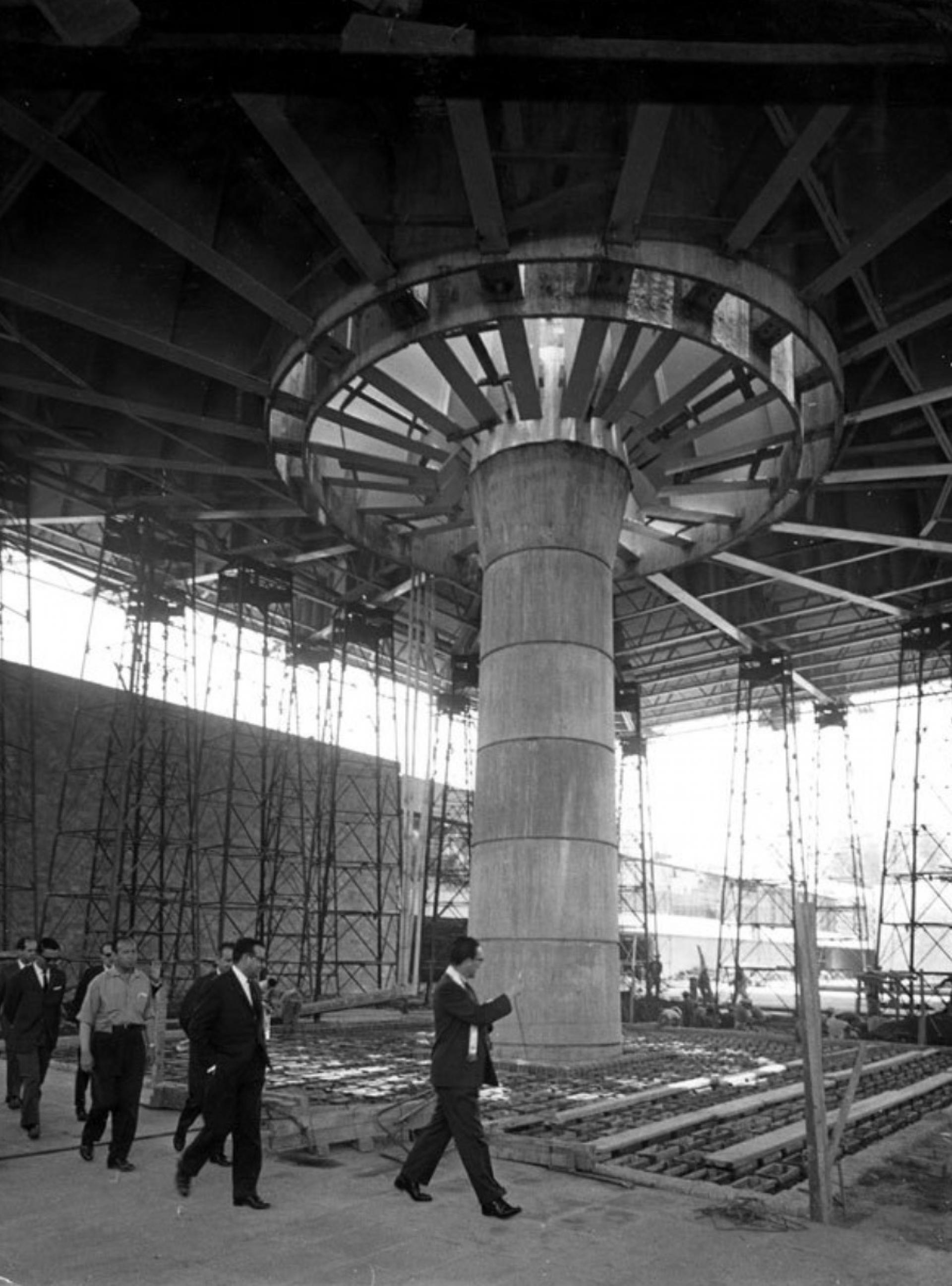
National Anthropology Museum under construction. | Photo Courtesy of Una Vida Moderna
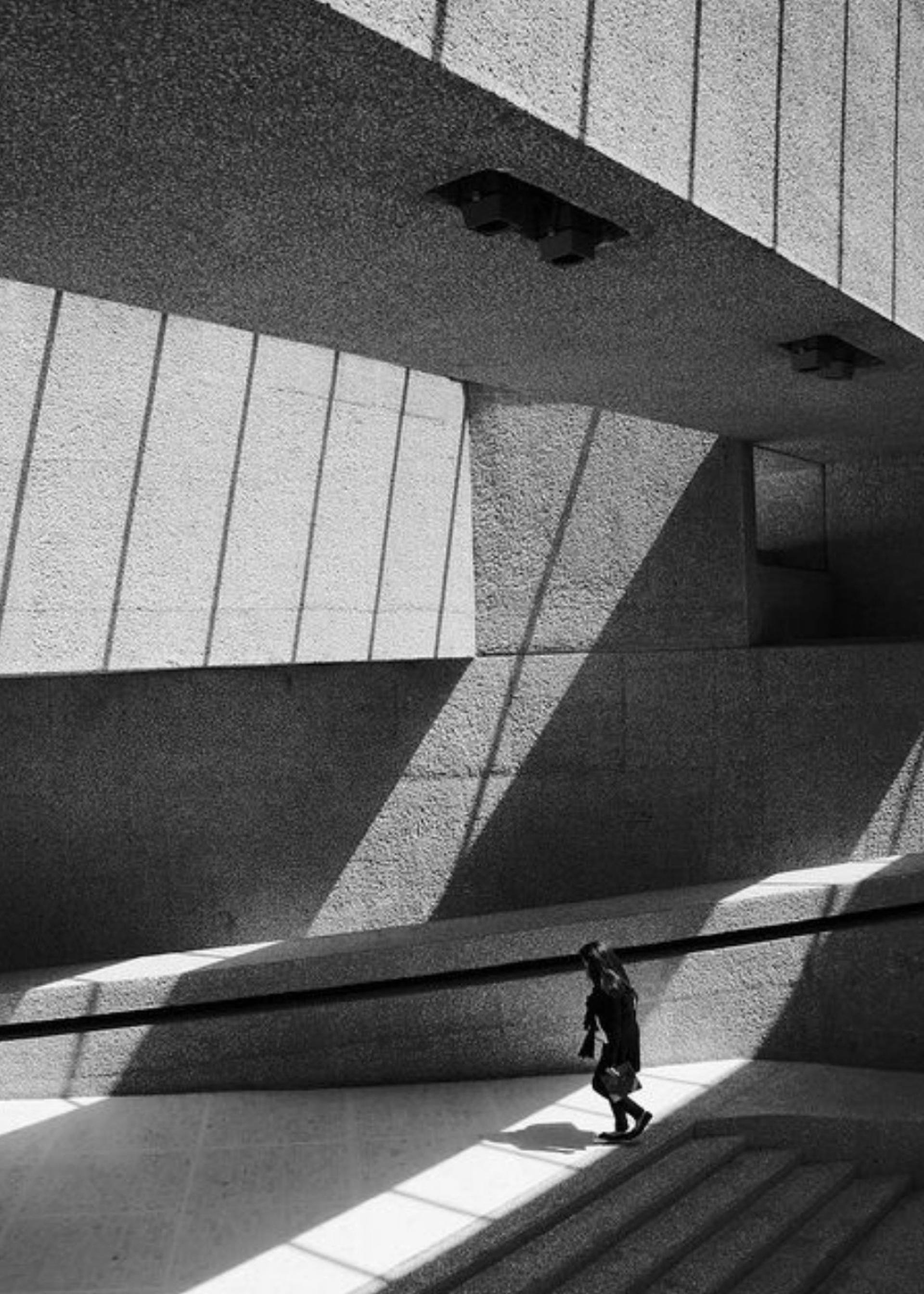
Covered patio at Rufino Tamayo Museum. | Photo © Mijael Jiménez Monroy
We will take you through this museum triangle to glimpse the search for an architecture that would represent a society marked by its diversity, while at the same time architecture is used as a pretext to address in a general way what happened in the country 60 years after the beginning of its construction. It is an era defined by the presence of a welfare - repressive state, the ideology of developmentalism and its different approaches from the pre-Hispanic tradition, as well as the subsequent distrust of the great narratives characteristic of the 1980s.
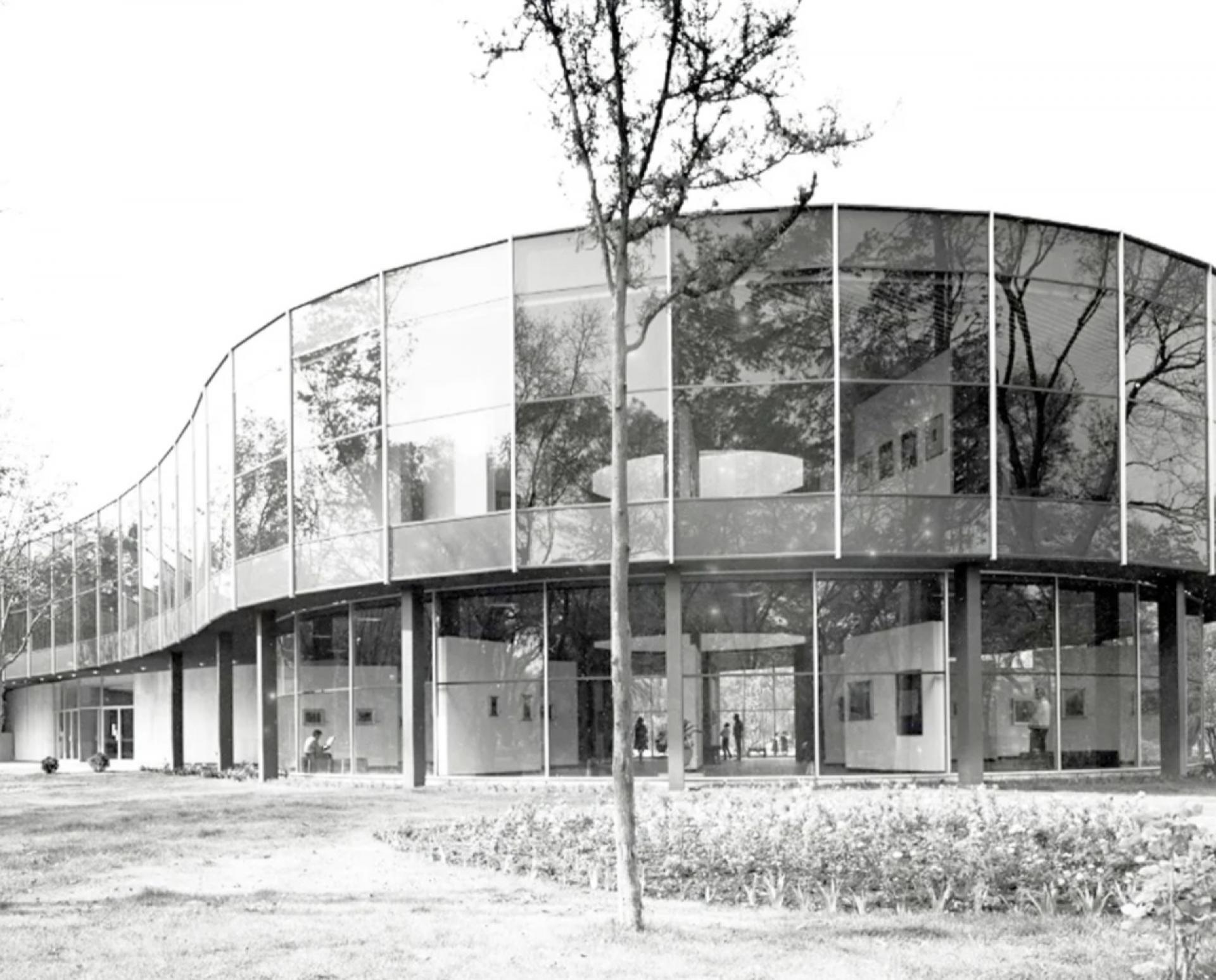
Museum of Modern Art facade. | Photo Courtesy of MAM INBA
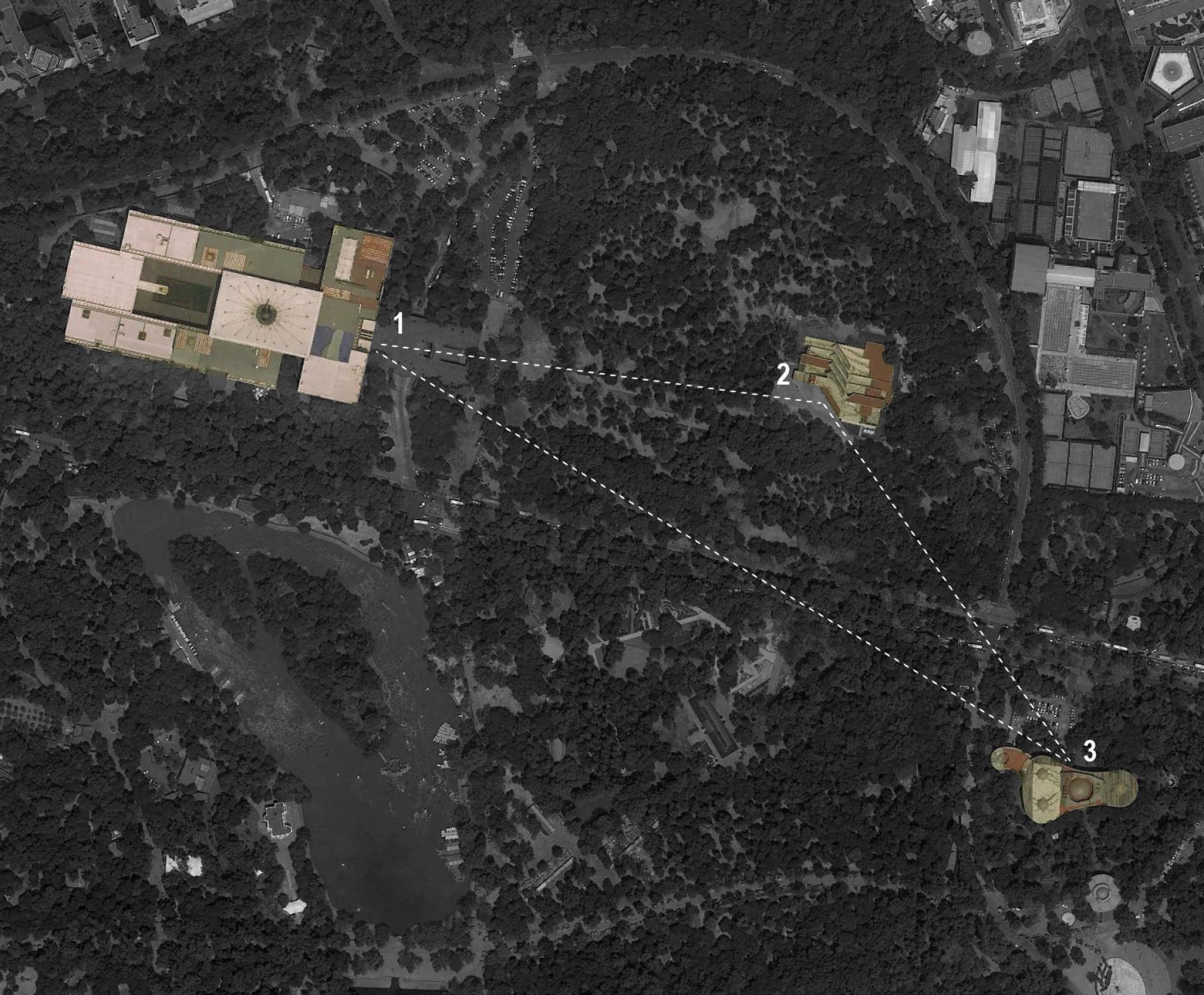
The museum triangle tour. | Photo © Daniel De León Languré
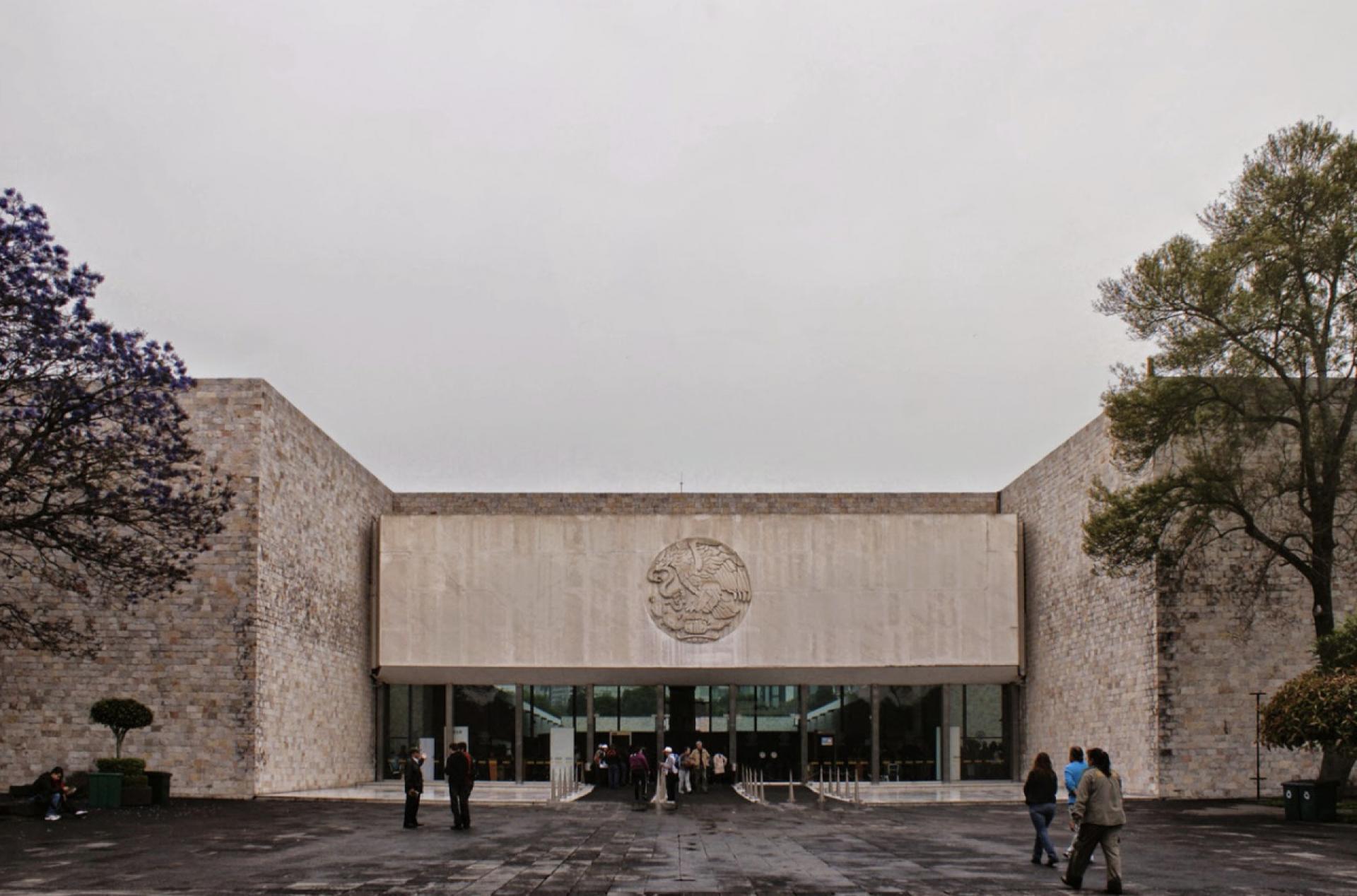
Saturday, February 17 at 10 AM
Meeting point at the entrance of the National Museum of Anthropology, Av. P.º de la Reforma s/n, Polanco, Mexico City.
The tour around the works of Pedro Ramirez Vazquez, Rafael Mijares, Abraham Zabludovsky and Teodoro González de León will be guided by Daniel De León Languré.
Admissions: 250$ (15,00€), for the tour please write to [email protected] latest by February 17 in order to confirm your participation.